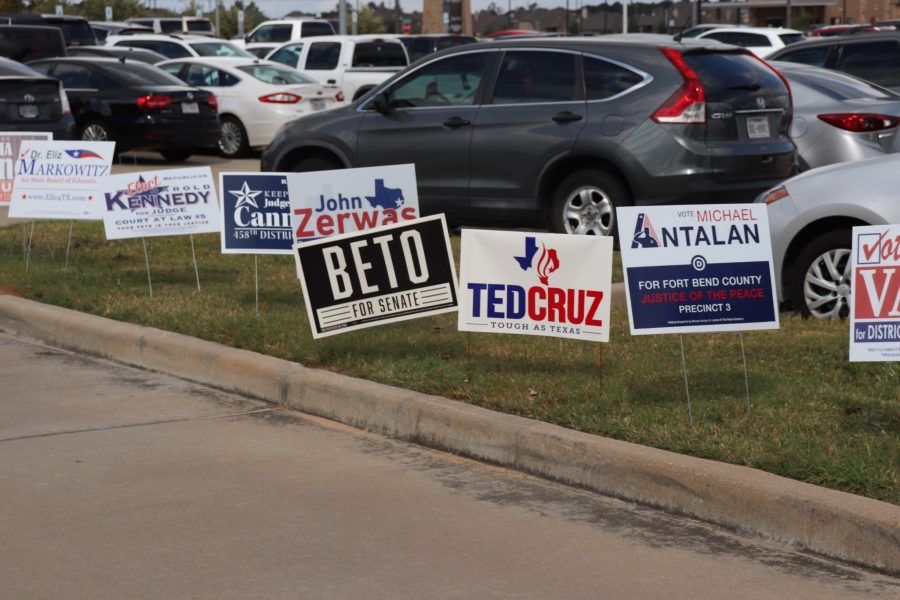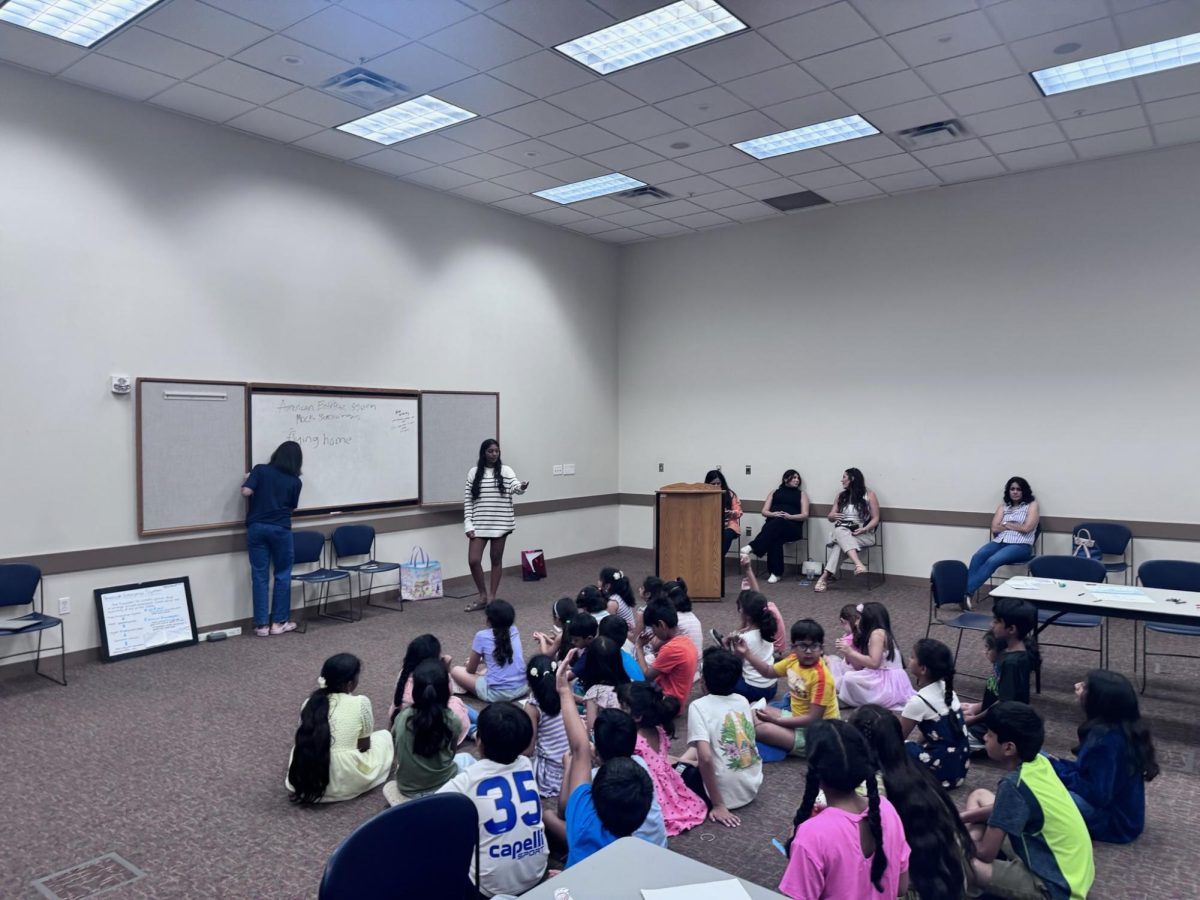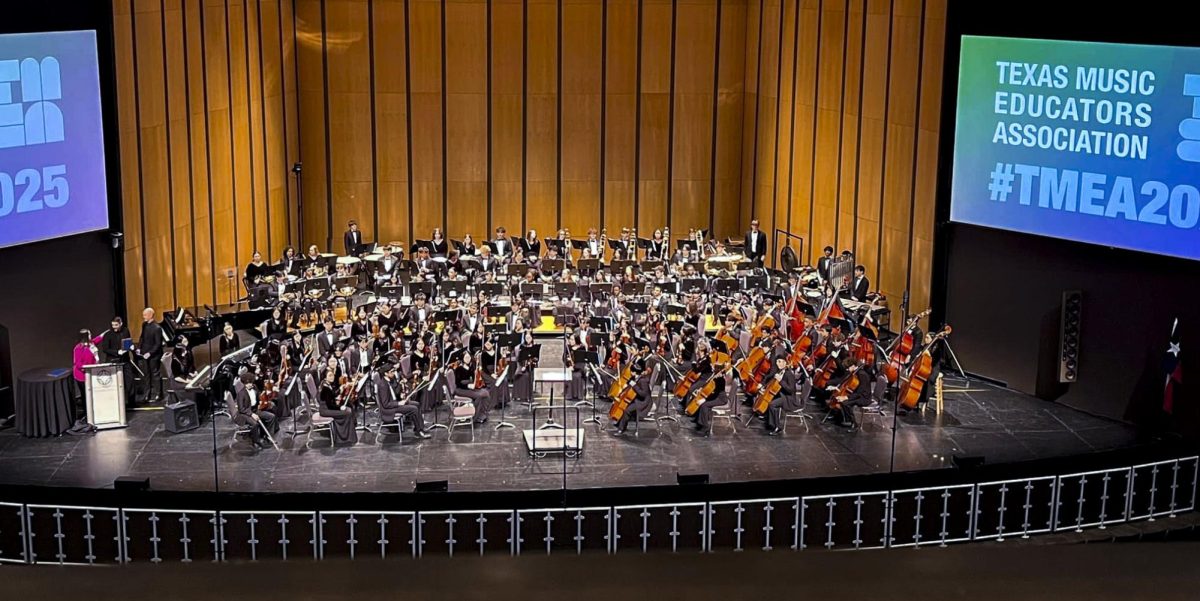Every two years, the American public is faced with a decision at the voting booths. The vote may be deciding the definitive leader of the country for the next four years, or it may be deciding the local representatives of your cities, communities and states which are meant to embody the public’s values for the next six years. However, as the nation becomes increasingly aware of its political divisions and the importance a vote has, it becomes increasingly important for young people to be present and active in their civic duties. Young people, as a voting base, have historically been one of the most apathetic groups to the voting process. Nevertheless, it is more important than ever for young voters to ensure that their voice is heard as citizens, and they take advantage of their civic responsibility.
“There will always be young people, who all experience life differently than other people of different age groups. Many have not yet formed opinions on many political matters because they view issues through the lens of youth. As an example, a policy favoring a capital gains tax cut may not mean anything to younger voters because they may not have any investments to cash in that would be subject to a tax. To older voters with a retirement nest egg, such a policy could have a profound effect on their finances. In terms of what motivates voting behavior, young people tend to be more sensitive to social issues, but older voters may be more sensitive to economic issues. Millennial voters may be concerned with issues related to starting a family, such as the need for a low-interest mortgage or child tax credits,” said AP Government teacher James Stone.
It is important for young voters to be active in all aspects that play in to politics and not just the social issues that Stone mentions as the main focus of younger voters. While social issues will remain prevalent to a generation that is seen as incredibly connected through breakthroughs in technology, it is important for young voters to understand that the economic policies that they tend to be apathetic to will affect them throughout the rest of their lives. It is ultimately resting upon the decisions of the elderly and middle-aged to make economic decisions that will give rise to consequences that the younger generation must deal with. For example, issues concerning Social Security and the amount of baby boomers currently entering retirement will be laid upon the younger generation to provide for through taxes. It is for reasons such as this that younger voters pay attention to all aspects of American politics not just the ones that are convenient to them currently.
“I do believe that there are some underlying causes of voter apathy that are unique to the United States. We are a free country, and the standard of living is high. Many people believe that political matters do not impact their lives, so they don’t bother voting. Institutions such as the Electoral College tend to be a source of frustration, especially for those in states like California. Despite having nearly 1/5th of the Electoral votes needed to win the Presidency, few politicians worry about California because it is a foregone conclusion that they will vote for the Democratic candidate. For some voters in California, there is little incentive to vote,” said Stone.
This foregone conclusion Stone mentions is one that has plagued the United States for years, yet it is important for young voters to understand that this can be changed. The importance to utilize one’s civic responsibilities despite the belief that their vote is useless is essential, for it is the duty of citizens to ensure that their opinions on the state of the country are heard and represented through the democratic processes that lay the foundation for the United States.
“The United States is a federal republic, not a ‘pure democracy’ as some mistakenly believe. As such, voting is the mechanism for connecting people with their elected representatives, so of course voting is important. While there are many avenues for political participation in the United States, an election result is usually regarded as the best evidence of the mood of the electorate…Voting reflects the will of the people,” said Stone.





